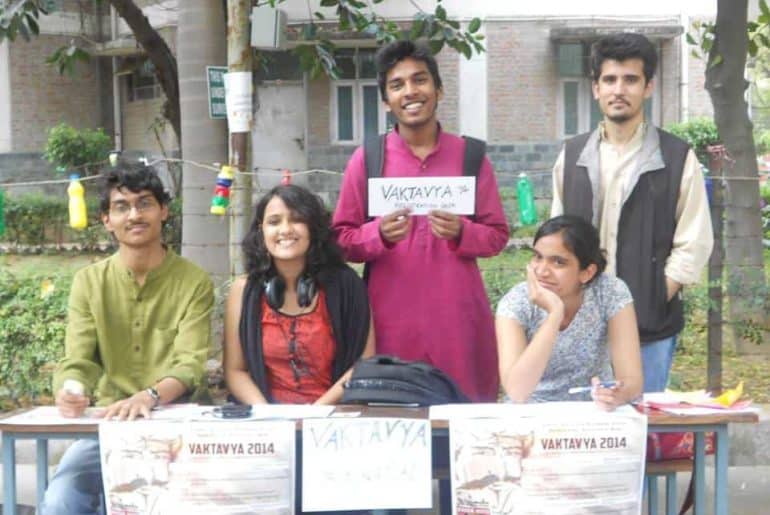Roma, the most honored film of the year, is turning heads and changing the public discourse around representation. The film puts into center, the unsung heroes of the functional upper and middle class families across the world, the domestic workers. It will break your heart and move you, so watch it to realise your privilege.
Have you watched Roma? You should, if you haven’t. Alfonso Cuarón’s intimate family drama set in 1970’s Mexico is a wonderful masterpiece and an absolute cinematic spectacle. It is a visual representation of a personal diary, a diary of Cleo, a young woman of Mixtec Mesoamerican heritage who works as a live-in maid for a white upper-middle-class family in Mexico City. Prepare to be emotionally moved and wrung out and re-think the way you look at people whom you don’t give a second thought to.
The film is shot in black-and- white with extraordinary clarity and detail, with its majesty and grandeur being communicated through the soft gaze and gentle spirit and vulnerability of Cleo. It takes place inside the house where a gated, open-roofed passage filled with bicycles, plants, caged birds and an under loved, but chirpy and enthusiastic dog named Borras is shown, time and again. Cleo and her friend Adela, the family cook, live at the end of the corridor in a tiny, cramped room, upstairs. In the morning, Cleo wakes the children; at night, she puts them to bed.
From each dawn and until long after dusk, she takes cares of the family who seems unable to function without her help. She serves meals, cleans and carries laundry to the roof, where she washes the clothes in view of other maids on other roofs with their own heavy loads. We see her as she works and also in ways that we don’t commonly see domestic workers, as she makes a date with her first love, exercises by candlelight at night, gossips with her friend, and experiences the most profound forms of loss imaginable.
In Roma, does Cleo’s daily trek to her modest rooftop room, away from the family’s home and her candlelit exercise sessions, the lights-out rule imposed by the family matriarch make you think? Of course, it does. You have seen it happen in your own home. Domestic work has been and continues to be associated with women’s work, and by extension devalued. Domestic workers, can in no way cause inconvenience to the family members. After all, she’s just a maid, right? She’s never fully human for you, maybe a person whom you see every day and take notice and get tensed on the day she decides to take a holiday. Sounds familiar?
How can we forget the emotional labor that’s expected out of Cleo, every time? She’s obligated to express emotions the way her employer wants her to, whether it be politeness, cheerfulness, and in the case of children, love and affection. Well, with Cleo her kindness for the kids is genuine; it comes across as heartfelt, and is returned. “We love you very much,” they tell her. But it’s back to business just a few scenes later, when they ask her to fetch snacks while they watch TV. Her responsibility to provide care places her within the family, and yet her role as an employee places her outside of it. Her relationship with her employer is both intimate and distant, and she is both vulnerable and powerful. Roma forces the audience to look at the world defined by a hierarchy of power and privilege, to look at the “Cleos” of our own world.
Can we ignore the fact that physical abuse and sexual harassment are common, and most full-time workers don’t receive benefits or savings toward a pension? There are no fixed working hours; domestic workers are always on call. There are no minimum wages and no right to safe working places. The entire sector is defined by poverty-level wages, high rates of abuse and few mechanisms for recourse.
This film might force you to look at the harsh realities of domestic workers across the world. Maybe, take a look or two in your own home. Have you ever looked at the woman who comes to your house to do your work or stays at your house to do your chores, all day long? No, you never because honestly, why would you care?
You have a lot on your own plate, and you believe she’s happy too. She seems like it. Take a minute to look at the nannies we entrust with small children, the house cleaners who bring sanity to our homes, and the caregivers who care for our disabled and elderly loved ones. It’s the work that our economy doesn’t recognize, because the people who do it live in the margins and the work arrangements are often informal.
And yet, it is some of the most critical work in our society — caring for what is most precious to us, our loved ones and our homes — and to our economy, allowing millions of people to work outside the home while the domestic workforce takes care of what needs to be done inside the home.
Featured Image Credits- Vulture
Disha Saxena
[email protected]












 Driving on the wrong lane is a punishable offence in India. Sporting a weird hairstyle is not. However, for the most of us, the former is but a walk in the park as compared to the cardinal sin of growing ones hair long. For India, dear ladies and gentlemen, has a government sworn to extreme liberalism and parents that would make Stalin seem like a kindly Santa Claus.
Driving on the wrong lane is a punishable offence in India. Sporting a weird hairstyle is not. However, for the most of us, the former is but a walk in the park as compared to the cardinal sin of growing ones hair long. For India, dear ladies and gentlemen, has a government sworn to extreme liberalism and parents that would make Stalin seem like a kindly Santa Claus. relationship, even when that kid is 21 and not a kid at all.
relationship, even when that kid is 21 and not a kid at all.